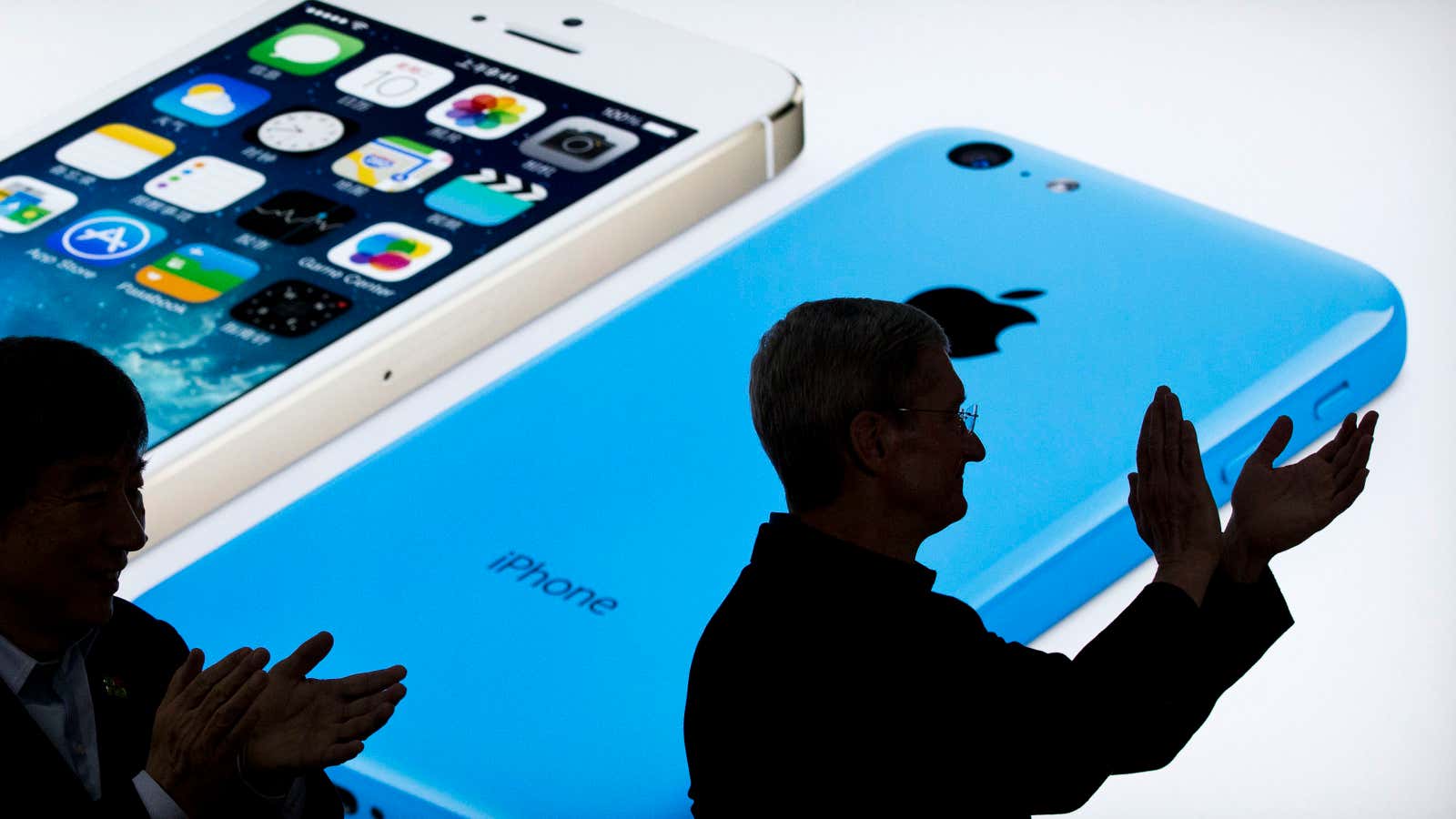The largest US wireless companies, including AT&T, Verizon Wireless, Sprint, and T-Mobile, are now “honoring a voluntary code of conduct that, among other things, lets you get your phone unlocked without a big fight,” Jon Fingas reports for Engadget. This development, which has been a long time coming, is always met with enthusiasm: This Reddit post has more than 1,000 upvotes.
But reality is less exciting. Why?
Many—possibly most—phones aren’t eligible for unlocking.
If you’re one of the majority of Americans that buys phones on contract, with either a carrier subsidy or payment plan, you can’t unlock your phone until it has been paid off—usually when the contract is over and you’re ready to move on to a new phone.
Here’s the wireless industry’s official text (emphasis ours):
Carriers, upon request, will unlock mobile wireless devices or provide the necessary information to unlock their devices for their customers and former customers in good standing and individual owners of eligible devices after the fulfillment of the applicable postpaid service contract, device financing plan, or payment of applicable early termination fee.
If you have a prepaid phone, “carriers, upon request, will unlock prepaid mobile wireless devices no later than one year after initial activation, consistent with reasonable time, payment or usage requirements.”
Even unlocked phones won’t necessarily work with other networks in the US.
Verizon and Sprint use a network technology called CDMA that makes it trickier to add new phones to their networks. T-Mobile has historically used different wireless bands for some of its service. Other networks overseas may or may not be compatible. But you should generally have luck taking unlocked, recent-model US phones abroad.
Many phones are already sold unlocked.
Verizon, for example, sells its iPhones and other 4G LTE phones unlocked—feel free to pop in a different SIM card. And if you bought an iPhone full-price from Apple, it, too, is likely unlocked.
Unlocking won’t always provide the value it once did.
International data roaming, for example, has gotten more affordable. T-Mobile even includes free, unlimited (but slow) internet access in most foreign countries. It’s often possible to save money by buying a SIM card overseas, especially for longer trips. But there are tradeoffs, such as potentially missing calls and text messages to your “real” number. (Unlike some markets, most phones in the US are sold with only one SIM card slot.)
So, what’s the point?
Look—this is a good thing. If you pay for a phone, you should be able to use it how you want.
Unlocking your phone may increase its resale value. (In an informal test, Gazelle, a resale service, is offering $50 more for an unlocked iPhone 6 than one that’s locked to AT&T, and $20 more for an unlocked iPhone 5.) Having a spare, unlocked phone could be great for overseas travel, for kids or visitors to use with a prepaid SIM card, for moving abroad, etc.
But this isn’t going to dramatically change how most Americans buy or use their phones.
